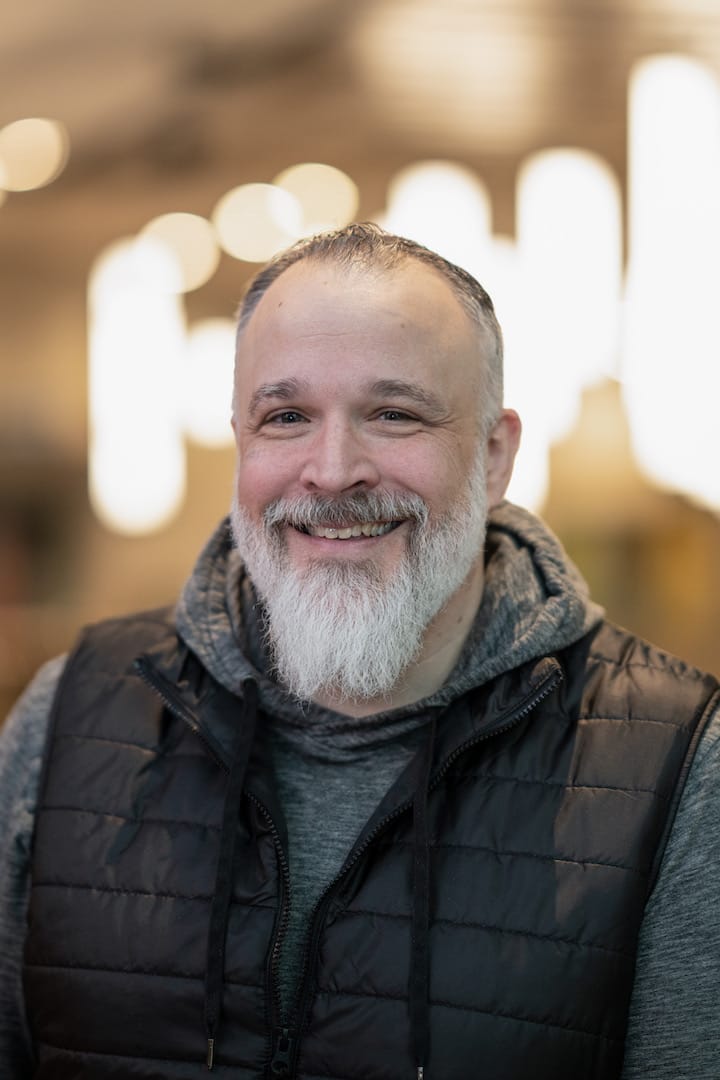

When my son was three, I clearly remember how excited he was to leave his highchair and sit in an adult-sized chair at the dinner table. Sure, he had to use a booster seat, but he was proud to have graduated to a “big chair” like his parents. My daughter, Zoe, however, was not quite two and was still strapped into her highchair for meal time.
As the youngest child, Zoe always wanted to do everything that her big brother was doing. We saw this dynamic play out in many different arenas—one of the most evident was at the dinner table.
The predominant phrase that Zoe used was, “I do it by myself!” We could clearly sense the frustration in her voice as she clenched her fist around her utensils. She didn’t want to be fed or buckled up anymore. She wanted to be independent like her brother.
I believe independence is an important ideal for almost everyone. This is no different in the field of disability ministry.
What is the ideal philosophical approach to disability ministry? It is ministry “by” people affected by disability. In this approach, there are two foundational principles that must be embraced by a local church body: belonging and empowerment.
I am careful to not use the word inclusion here, because it falls short of the ideal. Inclusion generally means that we are present in the room together, but it does not necessarily equal belonging. John Swinton says, “Belonging means that you are missed when you are not in the room.” There is a big difference between inclusion and belonging. If you aren’t missed when you aren’t there, you haven’t reached a level of belonging. Belonging means that you have a place to share the unique abilities that God has given to you.
Empowerment is the other foundational piece of this ideal approach to disability ministry. What is empowerment? It means that you been given the authority or power to do something. Another definition would characterize empowerment as the process of becoming stronger and more confident, both in who you are and what you do.
Scripture makes it clear that the Holy Spirit is the one who ultimately empowers Christ followers. As ministry leaders, it’s our job to create safe environments, help people discover their gifts, and release them into ministry.
Sometimes these opportunities will be successful. Other times, they will be met with difficulty. The key isn’t necessarily the outcome, but creating an environment that allows for the discovery and deployment of gifts. For most leaders and ministries, embracing ministry “by” people affected by disability is an evolutionary process.
Below is a sampling of ways within my own church that I’ve seen ministry “by” people affected by disability.
As leaders, we should seek to empower people affected by disability and release them to serve within the church. And while the church is a wonderful place to discover gifts and train, the ministry of people affected by disability should never be limited to the walls of the church. We should also encourage and empower people to use their giftedness beyond the walls of the church.
Some of the ways that we have seen ministry “by” people affected by disability in our community include:
How does your Disability Ministry empower others to do ministry “by” themselves? The possibilities are endless as all individuals are uniquely made by God.
NOTE: This article first appeared on Irresistible Church.


